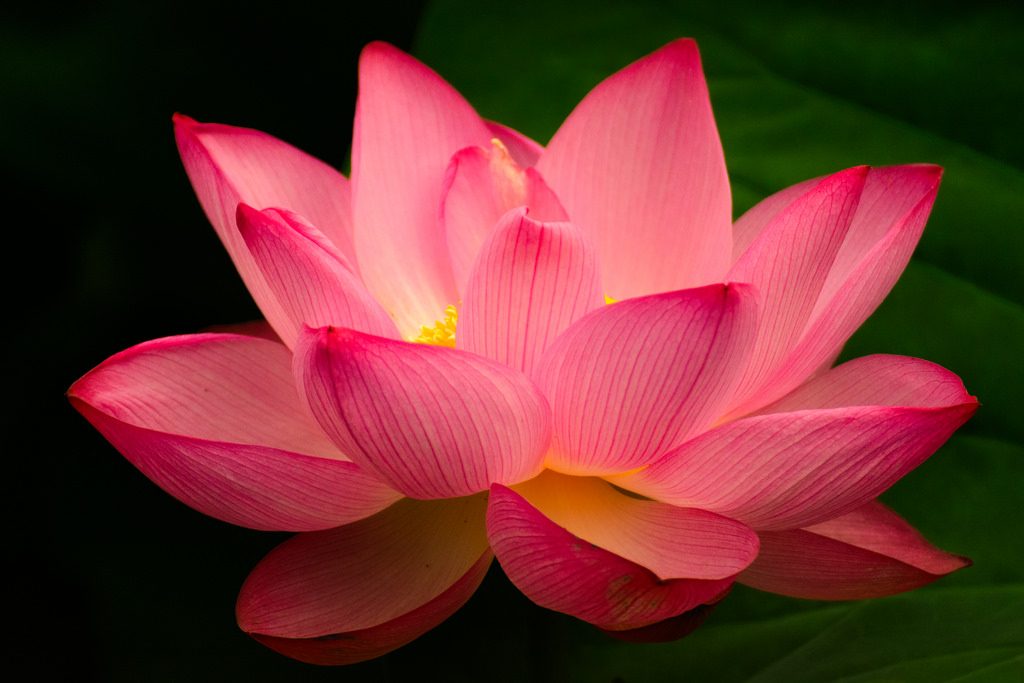7 Japanese words that bring you happiness Posted by keiko on Sep 24, 2017 in Culture, Grammar
What is your main reason for learning Japanese?
Do you study Japanese because you are taking Japanese 101? or do you like to learn Japanese because you would like to travel to Japan one day? or do you just like studying Japanese on your own because it is nice to known the second language?
Each of us has different reasons for studying Japanese. Today, aside from your learning reasons, let me just introduce you to the 7 most positive Japanese words. These are the words that bring you peace, happiness, and joy in my opinion. Staying positive is a key for everything we do on a daily basis.
1. Ureshi (うれしい 嬉しい, glad, happy)
I am so happy to see you. I am so glad to see you.
Anatani aete tottemo ureshi desu.
あなたに あえて とっても うれしい です。
あなたに 会えて とっても 嬉しい です。
2.Kansha (かんしゃ、感謝, feeling grateful)
I am grateful for my parents.
Ryoshin niwa kansha shitemasu.
りょうしん には、かんしゃ してます。
両親 には 感謝 してます。
3. Shiawase (しあわせ、幸せ, feeling happy)
I am so happy to be here today.
Kyo koko ni irarete totemo shiawase desu.
きょう ここに いられて とても しあわせ です。
今日 ここに いられて とても 幸せ です。
4. Aishite imasu (あいしています。愛して います。-love )
I love you so much.
Anata o sugoku aishiteru.
あなたを すごく あいしてる。
あなたを すごく 愛してる。
5. Arigato (ありがとう。有難う。-Thank you)
Thank you for everything.
Kyo wa iroiro to arigatou.
きょうは いろいろと ありがとう。
今日は 色々と ありがとう。
6. Tsuite masu (ついてます、ついてる-feeling lucky)
I feel lucky today.
Kyo wa tsuiteru kanji desu.
きょうは ついてる かんじです。
今日は ついてる 感じです。
7. Yurushi masu (ゆるします。許します。-forgive)
I forgive you today.
Kyo wa yurushite ageru yo.
きょうは ゆるして あげるよ。
今日は 許して あげるよ。
So, these are some of the main positive words in Japanese. No matter what language you might be speaking, it is always nice to be positive. After all, things will work out for you in any situation. 🙂

Build vocabulary, practice pronunciation, and more with Transparent Language Online. Available anytime, anywhere, on any device.





Comments:
Nancy Cadet:
Thanks for this. I could have used some of the expressions in our last Japanese class this weekend ! I took a course at TenRi institute, NYC –very nice staff , serious students, but very old fashioned teaching methods. I’m not a fan of the textbook-workbook either: Minna no Nihongo. More a rule book than a class text, but maybe that represents foreign language pedagogy in Japan ?
keiko:
@Nancy Cadet Hi Nancy,
Thank you for your feedback. I am sorry to hear that what you learned at NYC was based on an old fashioned teaching method. I have to tell you in school system in Japan, they tend to teach by focusing on grammar and vocabulary. Most of those are hard to apply in our day to day situations.(or too awkward sometimes) I think learning a foreign language is much easier if we learn based on conversational style. 🙂
Keiko
hen na gaijin:
Keikosan,
is there a easy way to transcribe romaji to kanji ? I normally can read the kanji but I don’t have any special apps or know a website where I can translate the romaji to kanji to help others who do not know the language. I have found lists of kanji but just copy /paste 1 kanji at a time is so slow but maybe that is all there is. Hope you receive this Keiko – I don’t do much of these social media things. ore wa 75sai de atama yokunai ne. What part of Japan do you come from ?
keiko:
@hen na gaijin Hi there,
Sorry, it took so long to reply back to your comment.
I have been searching for tools to suggest you in terms of converting from Romaji to Kanji, but can’t seem to find a good App or a site. I am really sorry. Well, https://translate.weblio.jp is one of my favorite site in terms of translating from Hiragana/Kanji to English or vice versa. I know you are trying to find one from “Romaji” to “Kanji”. I will keep searching and let you know if I find it, perhaps there is an APP out there that will make it easier.
As for your last question, I am from Gifu, Japan originally, near Nagoya. It is a central part of Japan. Have you been to Japan? It’s great you are familiar with Kanji’s. Kanji’s are so easily forgotten if you don’t keep up with learning. I am realizing that myself everyday as I never seem to write them anymore. Using computers and smartphones are very useful, but not so great for memorizing or maintaining your knowledge.
Take care!
Keiko